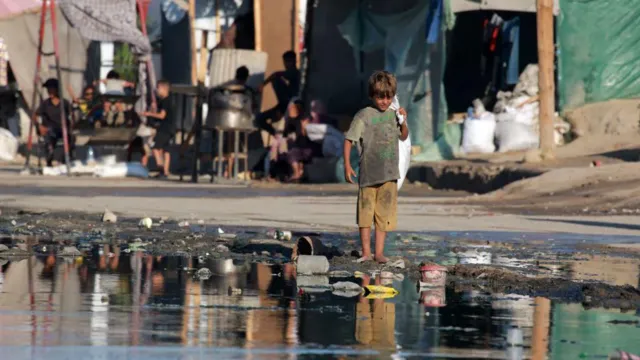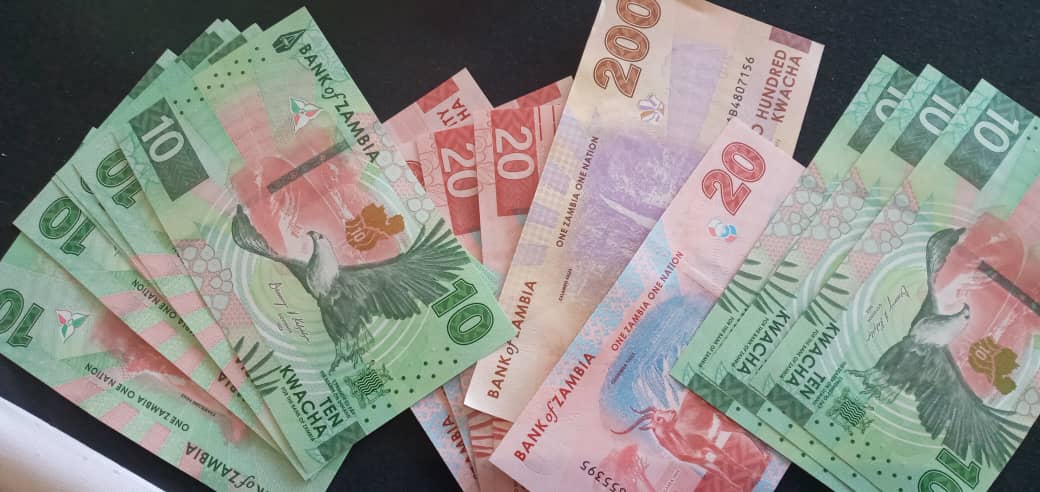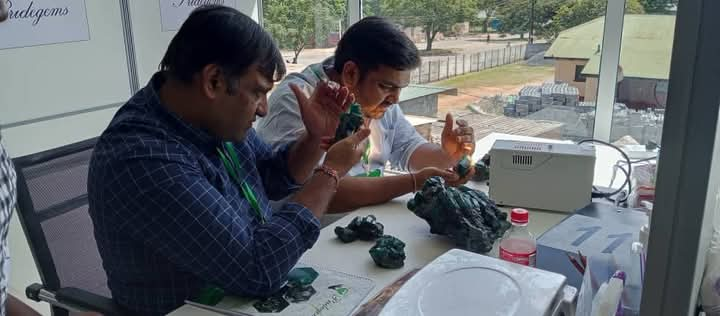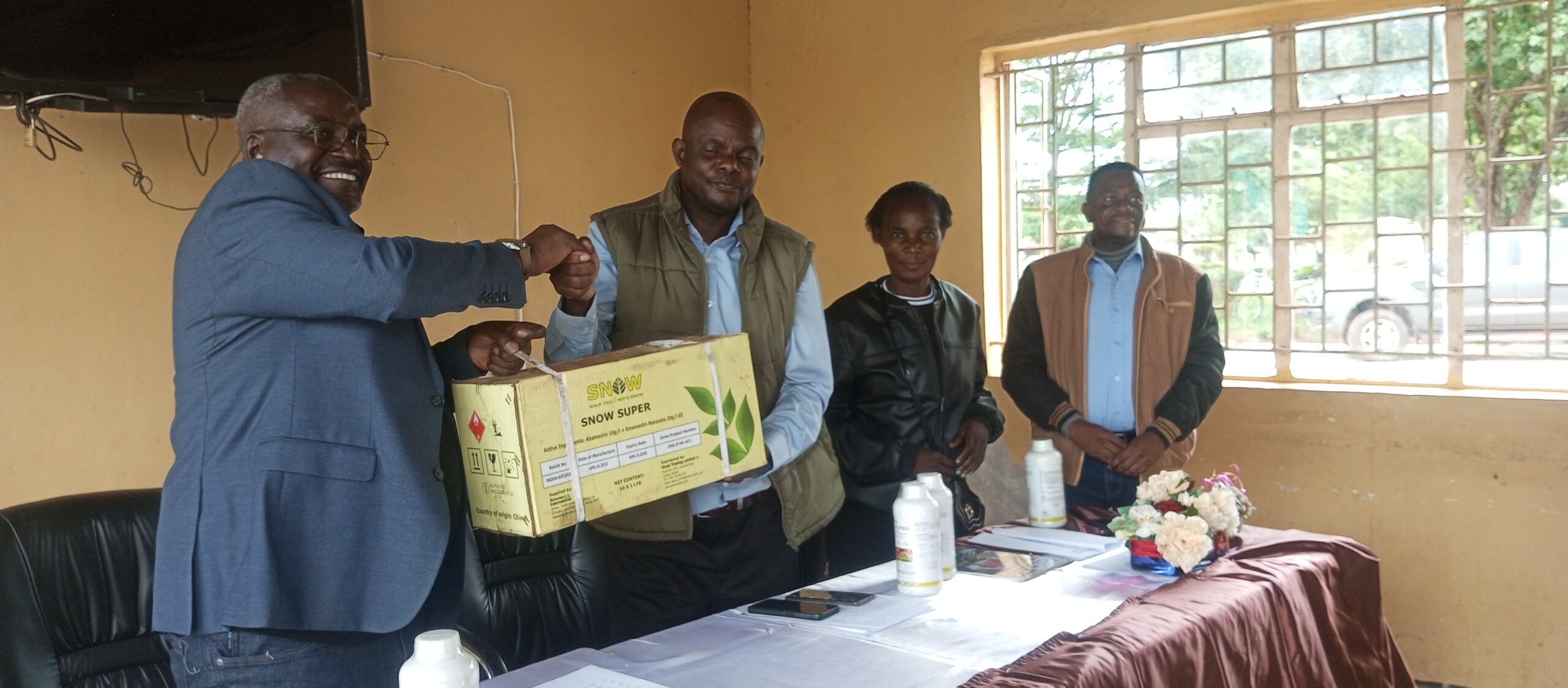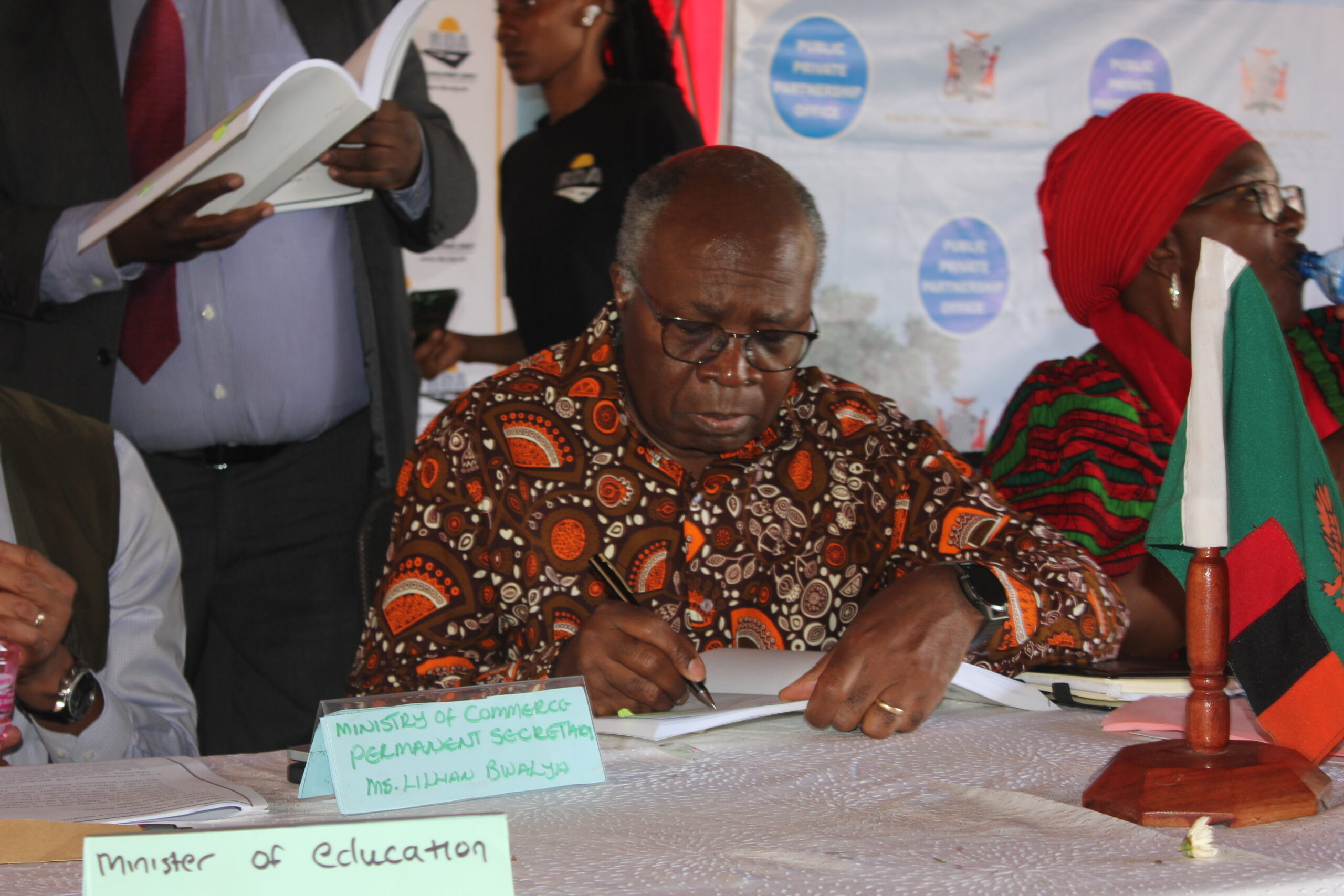The waters on parts Gaza’s Mediterranean coastline have started turning brown as health experts warn of the spread of open sewage and diseases across the territory.
Satellite images, analysed by BBC Arabic, show what appears to be a large discharge of sewage spill off the coast of Deir al-Balah.
A local official told BBC Arabic displaced people in nearby camps are sending their sewage straight to sea.
“It is because of the increase in the number of displaced people and many are connecting their own pipes to the rainwater drainage system,” said Abu Yazan Ismael Sarsour, head of the Deir al-Balah emergency committee.
Wim Zwijnenburg, an environmental expert from the Pax for Peace organisation, confirmed that wastewater appeared to be heading into the sea from nearby crowded camps, after examining the satellite pictures.
The sewage discharge in the images, captured on 2 August, covered an area of over 2 sq km (0.8 sq miles). Satellite images show the discharge first started appearing in June and that it grew steadily over the next two months.
It is not clear if the coastal pollution is still growing as more recent satellite image are not available.
Intensive Israeli bombardment has led to the collapse of Gaza’s waste water management infrastructure, a UN environmental report concluded in June.
The Israeli defence ministry body overseeing policy for the Palestinian territories, Cogat, told BBC Arabic a dedicated humanitarian taskforce had taken action to improve the sewage system in Gaza.
In recent months, Cogat co-ordinated the restoration of water wells and desalination facilities, as well as the extension of water pipes in Gaza, according to its statement.
The BBC is not able to independently verify specific improvements to Gaza’s sewage infrastructure. Israel, alongside Egypt, does not allow independent journalists into Gaza except on controlled and brief visits with the Israeli military.
Health experts, though, are sounding the alarm about the spread of waterborne diseases, after a 10-month-old baby was partially paralysed after contracting polio – the first registered case in Gaza for 25 years.
UN and World Health Organization (WHO) officials also called for a two one-week ceasefires so they can vaccinate 600,000 children in Gaza.
But observers say the delivery of vaccines would probably hit the same barriers affecting the flow of other humanitarian aid, making distribution slow and extremely difficult. The destruction of Gaza’s health care system will also make any vaccination programme an enormous challenge.
In a response to BBC Arabic, Cogat insisted there were no restrictions on medical aid.
In a later social media statement, Cogat said “an additional 60,000 polio vaccines will be delivered to vaccinate over one million children” in the coming weeks.




